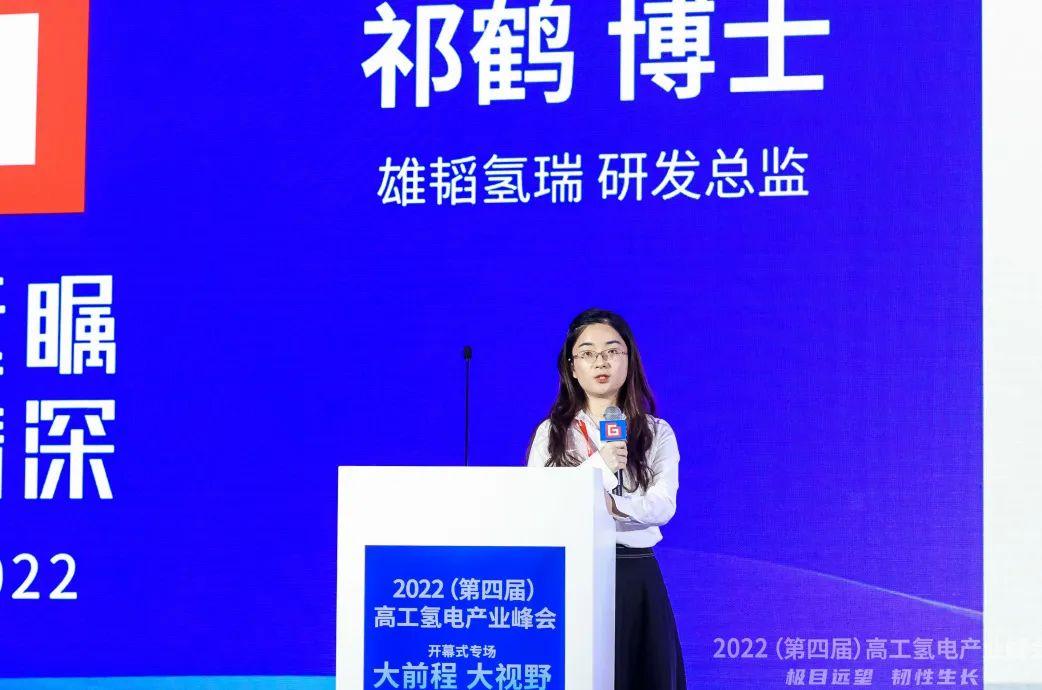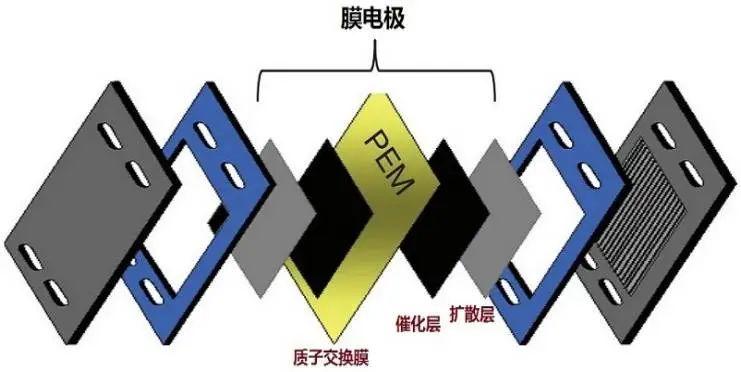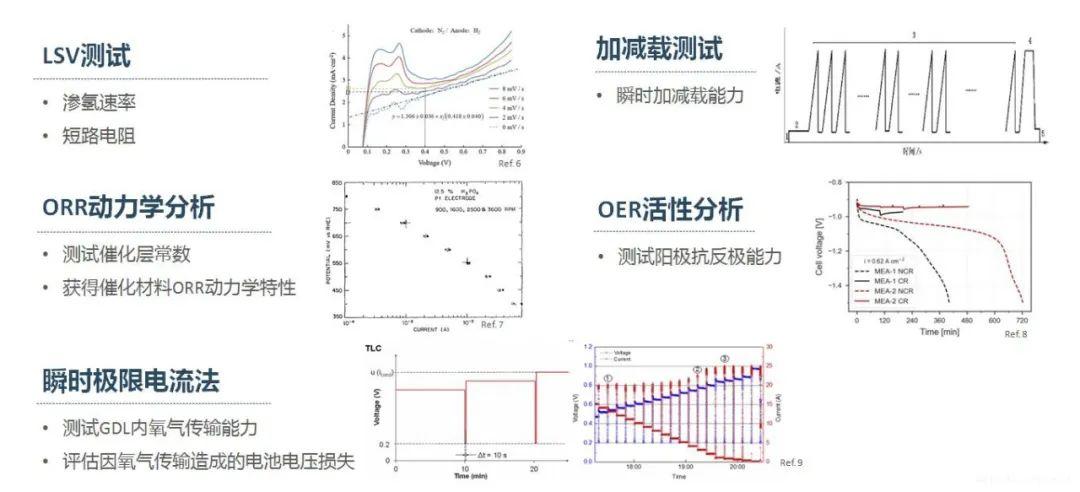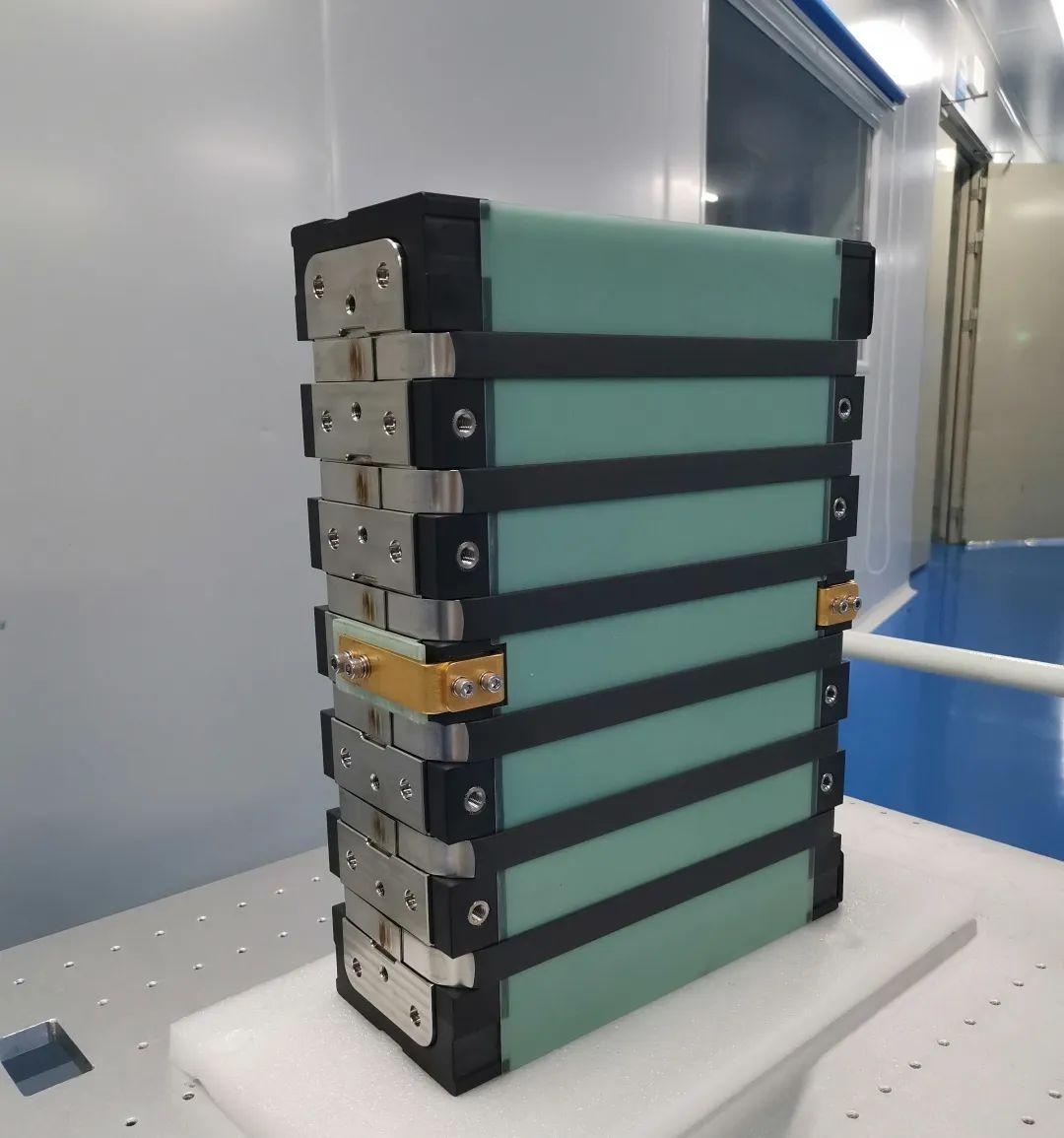
News
Dr. Qi He of Vision Batteries: The power of the "beating heart" of the hydrogen fuel cell
"hydrogen fuel cell vehicles will show an explosive growth from 2026 to 2030, and the corresponding market demand for electric reactors and membrane electrodes will also show an explosive growth." Dr. Qi He of Vision Hydrogen team said at the 2022 (4th) GaoGong Hydrogen Power Industry Summit.

Dr. Qi He from Vision Hydrogen Team gave a keynote speech on "The development of membrane electrodes and their application in hydrogen fuel cells".
The membrane electrode (MEA), the "heart" of a proton exchange membrane fuel cell, consists of an electrolyte membrane (proton exchange membrane), a catalyst and a gas diffusion layer.

Technical development of membrane electrodes
The development of membrane electrodes started off facing difficulties such as poor performance, high cost, immature component technology as well as preparation process. After three stages of GDE type membrane electrodes (hot press membrane electrodes), CCM (three in one membrane electrodes) membrane electrodes and ordered membrane electrodes, there has been significant progress in both the increase of power density and the reduction of platinum loading. The CCM membrane electrode preparation process is now widely adopted.
Dr. Qi He introduced Vision's R&D trends and achievements in the membrane electrode field: Wuhan Polytechnic Hydrogen Technology Co., Ltd, invested by Vision Group, is now among the fifth largest membrane electrode suppliers in the world. The membrane electrode has been exported to more than 10 countries and regions, such as the United States, Germany and South Korea.
Evaluation system for membrane electrodes
In a hydrogen fuel cell system, the reactor accounts for up to 60% of the total cost; membrane electrodes account for 60% of the total cost of the reactor. The key to cost reduction is how to improve performance while extending the service life of the membrane electrodes. The construction of an engineering verification and evaluation system is crucial. After a long period of in-depth research, Vision Group has built a complete set of intelligent evaluation models, which can complete various types of analysis and tests on catalytic activity, performance, lifetime and failure of membrane electrodes.

Vision's deep plowing of the hydrogen energy road
Dr. Qi He shared and introduced the products of Vision's hydrogen power reactors: in the graphite plate reactors, the A series of graphite plate reactors are already available and in mass production, and the more powerful A2 is being developed. In addition, there are also corresponding reactor system solutions and products for low power applications such as power backup and forklift trucks.

As a Chinese company with a complete industry chain of domestically produced hydrogen fuel cells, Vision Group always strives for development through innovation. We are willing to work together with our partners in the upstream and downstream of the industry chain to work together and move forward to achieve the goal of "double carbon" as soon as possible.


